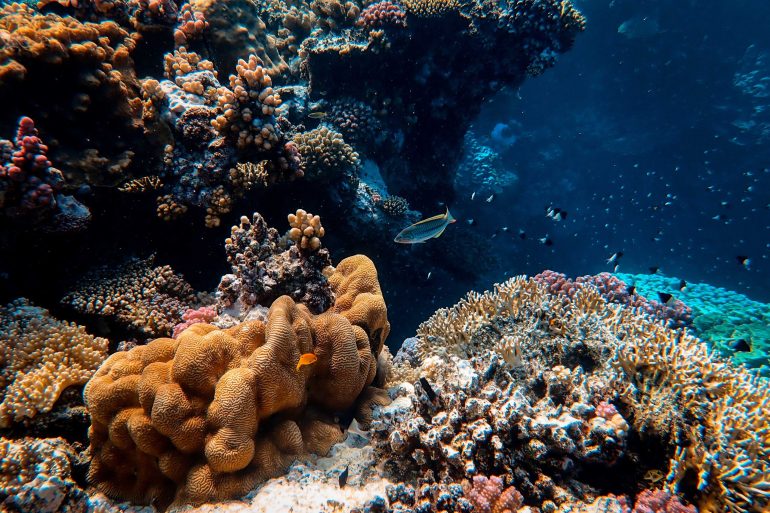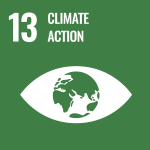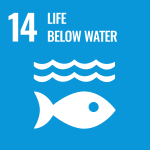UGEB3630 Exploring the Enigmatic Oceans
Time
Lecture: Thursdays 12:30 p.m. - 02:15 p.m.
Instructor
Professor CHUI Pui Yi
Course Description
This course aims to provide an overview of the oceans and the roles of natural and anthropogenic impacts on shaping the physical and biological aspects of the oceans. The main themes of the course include the ocean processes, the marine ecosystems and their inhabitants, and the relationships between oceans and mankind. Emphasis will be placed on how natural processes shape the oceans, how the inhabitants survive the marine environment, how we depend on the oceans, the impact of anthropogenic processes on the oceans, and how the future of mankind is affected by the oceans. Examples of topics covered include: the Earth and the oceans, ecosystems of the oceans, marine organisms and their adaptations to the marine environment, exploitation of the oceans, and the management and conservation of the oceans. Altogether, this course also aims to raise awareness and promote the Sustainable Development Goals (SDGs) that are related to SDG#13 Climate Action and SDG#14 Life Below Water. A laboratory visit to the Simon F.S. Li Marine Science Laboratory will be included to demonstrate the methodology and instruments used in marine research.
Learning Outcome
Upon completion of this course, students will be able to:
- Recognise the nature and importance of the oceans, and aware that human beings are part of the nature,
- Recognise the nature of various marine ecosystems, and compare the characteristics and ecological importance of the individual marine ecosystems;
- Identify the factors influencing the various ocean processes, and recognise their interactions and their impact on human life;
- Appraise how the balance of the natural environment is maintained and how the oceans as the biggest biome of Earth recycles its living and non-living components through the natural recycling processes;
- Recognise the characteristics of various marine organisms, relate their structural or physiological adaptations to the specific marine environments where they survive, and compare ways through which organisms in different marine ecosystems adapt to survive;
- Acquire hands-on experience on the theory and application of the common instruments used in marine research through a visit to the Simon F.S. Li Marine Science Laboratory;
- Recognise the importance of the oceans as a source of fossil and renewable energy, minerals, food and space for human survival and development;
- Explain the effects of climate change, marine pollution and over-exploitation of marine resources, and to recognise and affirm the role of humanity in conserving nature in particular the vulnerable marine environment;
- Able to collect, analyse, and compile information and data on topics related to the oceans; and construct and submit a project report on the integrated information, as well as delivering the report to the whole class in form of an oral presentation.
- Recognize the urgency of SDG# 13 Climate Action in taking action to combat climate change and its impacts





